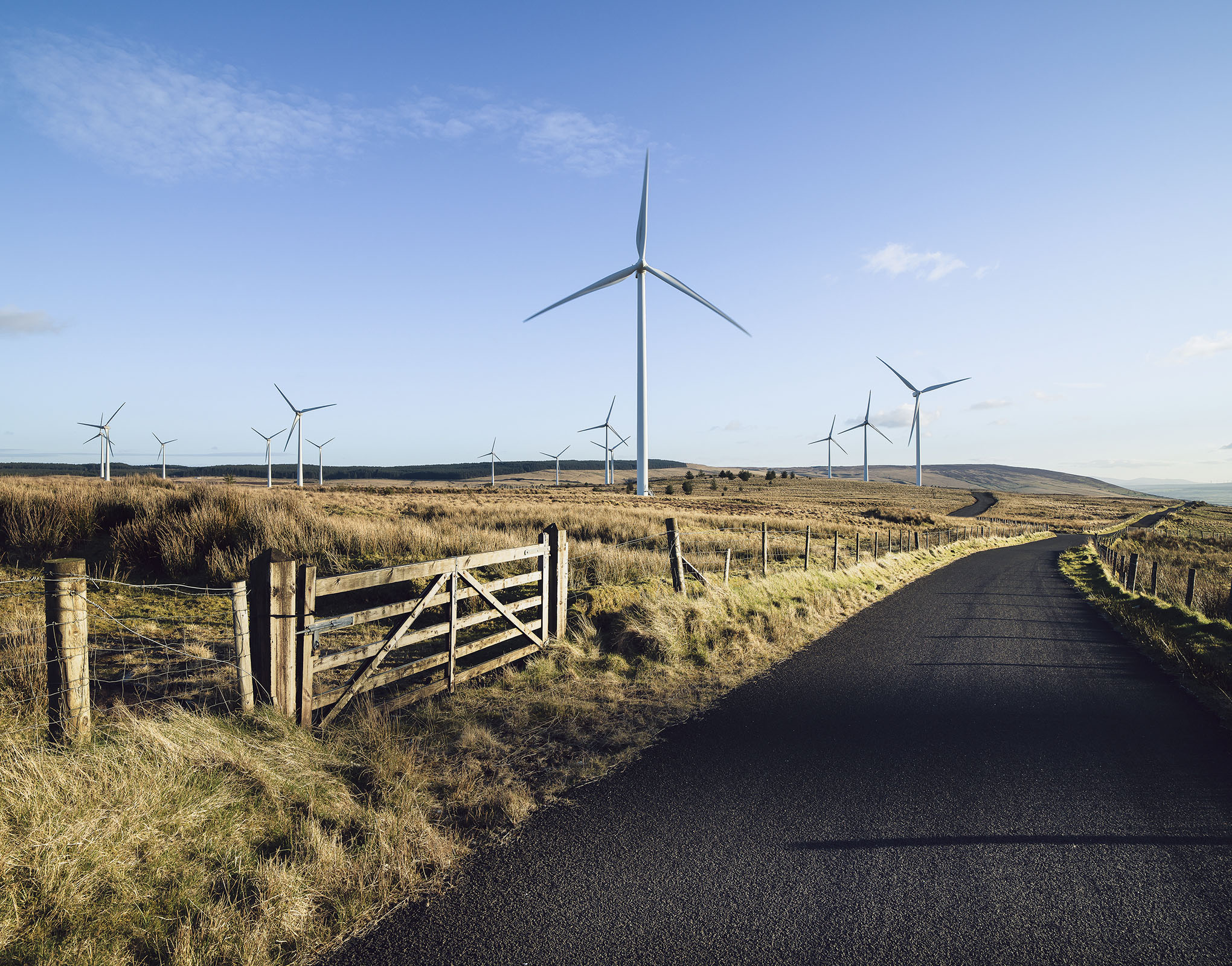The electric revolution is here and Greenarc is leading the charge.
In 2015, 196 countries agreed to take on climate change with a landmark agreement. The Paris Agreement is an ambitious commitment that aims to limit global warming to below 2 degrees Celsius with a target of 1.5 degrees Celsius compared to pre-industrial levels.
The agreement calls for the world to achieve net-zero carbon emissions between 2050 and 2100. However, scientists say that 2050 is the cut-off point and should be the target for all nations to achieve net zero.
The UK has signed up to the Paris Agreement and pledged to become net-zero by 2050. However, to hit that target, the Government has calculated we must reduce our carbon emissions by 68% by 2030.
So the UK is undertaking a raft of carbon reduction activities over the next decade. One of which is to ban the sale of new petrol and diesel engine cars in 2030.

ESG – Scopes
Businesses must reduce their environmental impact as part of their corporate social responsibility. One of the most significant ways to do this is by reducing their carbon footprint, starting with monitoring carbon emissions.
Carbon emissions are a major contributor to climate change and need to be cut drastically to restore and maintain our environment. Depending on the context, organisations need to pay attention to three scopes of carbon sources.
Scope One
Sources are direct emissions from organisations, such as burning fuel for electricity or transportation.
Scope Two
Sources encompass indirect emissions due to purchased electricity; this means organisations buying energy from other providers instead of generating their own.
Scope Three
Emissions include all other indirect sources, including employee travel or industry-related supply chains. As such, to become a supplier, your customers may want you to demonstrate your carbon-reduction activities.
All these scopes need to be considered when cutting carbon emissions, so companies and government planners can identify the most impactful areas where emissions can be reduced.
Clean Air Zones
Part of the growth in the popularity of electric vehicles in the UK can be partially attributed to the introduction of Clean Air Zones (CAZs) and Ultra Low Emission Zones (ULEZs).
Both of these initiatives are designed to reduce air pollution by charging high-polluting vehicles – cars, vans, and buses – that enter their boundaries. By encouraging drivers to switch to cleaner alternatives like a plug-in hybrid or battery electric vehicles, CAZs and ULEZs are helping reduce emissions in some of the most polluted parts of the country.
The main difference is that ULEZs have stricter regulations than CAZs, so you may need to upgrade your old car sooner if you live near one. But ultimately, both CAZs and ULEZs provide a solid foundation for promoting greener transportation options on our roads while also curbing air pollution.

Return of the Company Car
The company car has become an iconic part of the British experience, with employers using them as a way to reward and incentivise their employees. Originating in the 1970s, when the UK economy struggled due to heavy oil price shocks and inflation, many businesses opted for the company car instead of offering extra cash bonuses.
Since then, giving out cars as perks has become commonplace among British firms. However, the increase in company car tax (Benefit in Kind or BiK) has made them an unaffordable luxury for many businesses since the late 1990s.
But the times are a changing, and electric vehicles have given us the return of the company car due to their low BiK tax rate.
Manufacturers
The Government’s commitment to ending the sale of new petrol and diesel-engine cars in 2030 has prompted automotive manufacturers to scale up their EV production plans. In fact, some companies, such as Volvo, Mercedes, and GM, have announced they will become electric-only manufacturers by 2025.
So, electric vehicles are here, and they’re going to be the default option in the very near future. As such, we’ll all have to transition to a full EV or PHEV (Plug-In Hybrid) for our next (or next but one) cars.
Leading The Way
Over the past few years, Greenarc Vehicles have led the way to EV adoption and are now recognised experts in the field of electric vehicles. And that’s great news for our customers as we can help them every step of the way when taking their vehicle fleet electric.


Contact us using the form below!
Contact Us Now To Start Your Journey With Greenarc Vehicles
"*" indicates required fields
